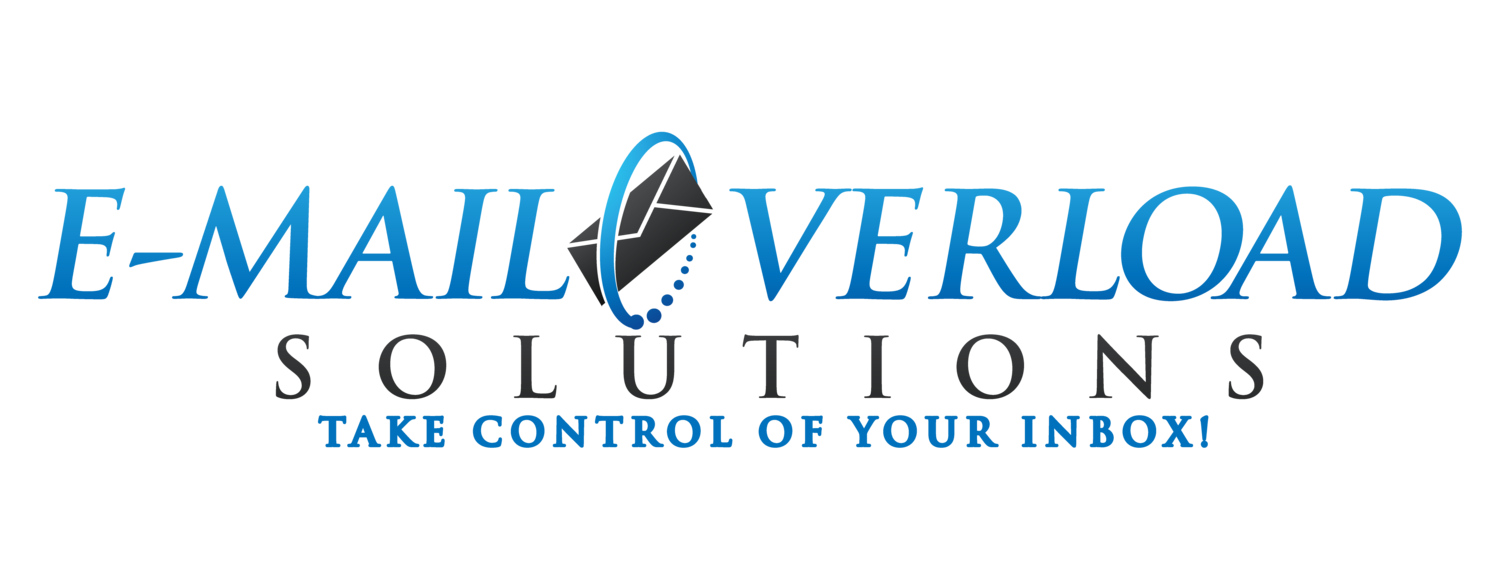Most users make extensive use of folders to store Email messages, but there are many challenges to using Email and Outlook folders.
However, folders can be a difficult and challenging part of e-mail management for several reasons:
- Folders require creating, naming, and maintaining a folder structure ahead of time.
- For every message you review and decide you wish to save to a folder, you need to make a decision as to where to store each message.
- Some messages fit several folders, and some do not fit any current folders, making it difficult to determine where to store a message, or sometimes requiring you to create a new folder before you can store it.
In addition, some people make use of automated Outlook Rules that automatically move Email messages to specific folders, such as for mailing lists, newsletters, or electronic subscriptions. Although some find this practice helpful, others find that this just tends to "spread around the work", causing you to have to look for unread messages in more places, instead of leveraging the inbox as a central "to do" list.

















